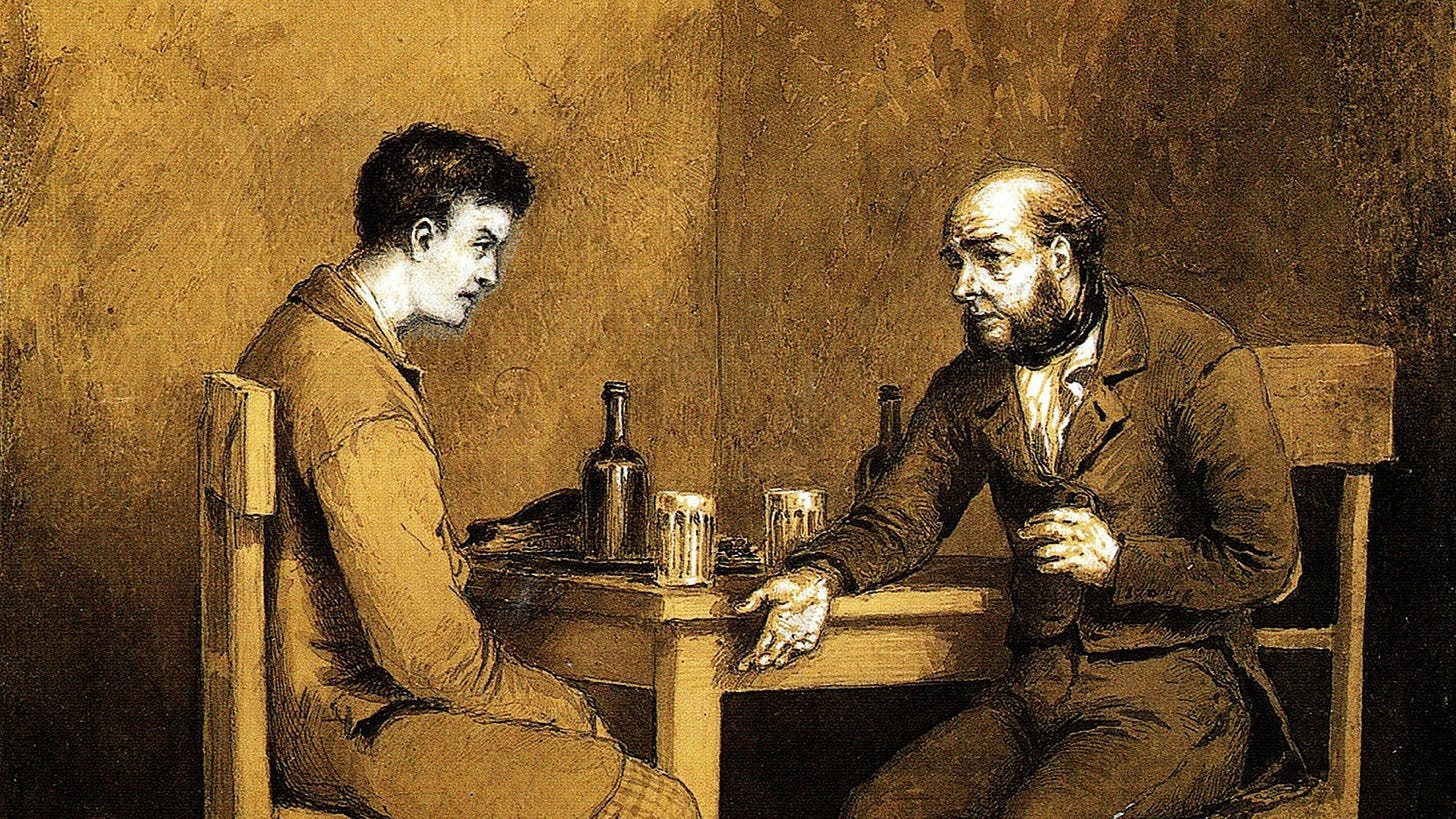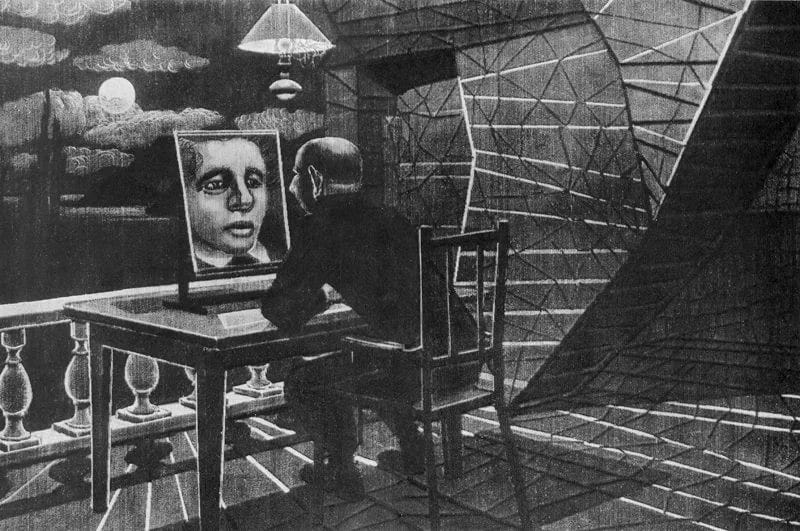The Importance of Fyodor Dostoevsky
“Pain and suffering are always inevitable for a large intelligence and a deep heart. The really great men must, I think, have great sadness on earth.”
There are only a handful of writers in this world who have given birth to a new genre of literature and whose legacy will keep on reverberating in the higher echelons of the universe. Pick any new work of literature in such a genre and somewhere in between the freshly penned sentences, we can still feel these great writers alive and breathing. I read fantasy literature and JRR Tolkein always comes to my mind. Victorian literature and movies and I am reminded of Charles Dickens. Beatnik, that’s Jack Kerouac, and direct proses, we have Ernest Hemingway. Being identified by genre and prose is the highest recognition any writer can dream of.
But then there are a select few who not only gave birth to a whole new form of literature but also created new fields in eclectic subjects. The most prominent example of such a writer is Fyodor Dostoevsky, who penned the aforementioned quote in his epic book Crime and Punishment and whose work is regarded highly not only by literati but also by philosophers and psychologists alike.
Dostoevsky did not have a fortunate life and this is by no means an appreciation of pain and suffering, but rather how the sufferings in his life helped Dostoevsky to develop a keen eye for human psychology and question the very existence of life in the first place. To understand the work of the writer, it is essential to understand what events shaped his thoughts.
Fyodor Dostoevsky was arrested for his involvement in a writing circle that criticized the rule of Tsar in Russia and was sentenced to death along with other members. They read their death sentences, kissed the cross, and stood against the wall ready to face the guns. Dostoevsky grew aware that his existence was about to end. But then at the last moment, it was announced that the Tsar has pardoned their death sentences, and instead they would serve in the Siberian labor camps for 4 years. Escaping from the clutches of death, Dostoevsky was reborn that day with a new view on existence. This and the hard experiences in the labor camp helped Dostoevsky understand the true value of human life. It became clear to him that every person, at any moment in time, actually trembles on the brink of eternity.
When you read any book by Dostoevsky, you don’t expect a story per see. In a majority of his work, he tells the story of a benign and middle-aged Russian man, who is gullible and mocked by society for being offbeat but original, and ends up mentally devastated. There is neither a start nor an end to the story of the protagonist. He meanders and meets new people. Meanwhile, we sit back and are somehow magically able to witness the psychological development of the character. That is the subtle beauty of Dostoevsky’s work.
Dostoevsky managed to reach down into the deepest depths of the troubled Russian soul and showed us the extremes of which people are capable. He experimented with how the soul of a man will survive when you deprive him of freedom and justice in a world that is built around strict moral codes and social traditions. His characters are emotionally broken and mentally bruised and are full of angst and misery. Raskolnikov suffers from guilt and Sofia from love, the eldest Karamazov brother Mitya suffers from anxiety, Ganya from greed, Rogozhin from jealousy, and Prince Myshkin from goodness and low self-esteem. And despite all this, they are ready to go through emotional hell in their quest for moral freedom and cosmic justice.
Though Fredrick Nietzsche wrote about the death of God and Nihilism, Dostoevsky in his book Demons predicted the spread of nihilism, chaos, and hatred before. The philosophy of existentialism owes its existence to Dostoevsky and his book Notes From Underground is considered to be the first work of existentialist philosophy. The “underground man”, devoid of a name or surname, argues with his imaginary and real opponents and reflects on the reasons for human actions, progress, and civilization. Paranoid, pathological, pathetic, poor, he is a loner most afraid of being discovered.
Unlike other great Russian writers, I feel connected to Dostoevsky. Whenever I think about say, Tolstoy, I think about lush green pastures, aristocratic chateaus, and dimly lit libraries with tall bookshelves. His characters tell me about themselves and about their society and politics and I know I can never be them nor do their lives have any impact on my life. But then I read Dostoevsky and I feel there is only a thin line separating me from being just like them. If my circumstances change for worse, there is hardly anything keeping me from being Raskolnikov, or if I am too gentle, society will automatically take me for the idiot Myshkin. In this sense, Dostoevsky's characters tell me a lot about myself. All of us, any ordinary and simple human being carries the highest highs and lowest lows of moral capabilities. And in this valley between the hills of specters of morality exists the beauty and importance of Dostoevsky in this universe.
“Above all, don't lie to yourself. The man who lies to himself and listens to his own lie comes to a point that he cannot distinguish the truth within him, or around him, and so loses all respect for himself and for others. And having no respect he ceases to love.”
Suggested Readings on Fyodor Dostoevsky -
Edvard Munch and Fyodor Dostoevsky - https://www.thepostil.com/edvard-munch-and-dostoevsky/
Maria Popova on Dostoevsky -






